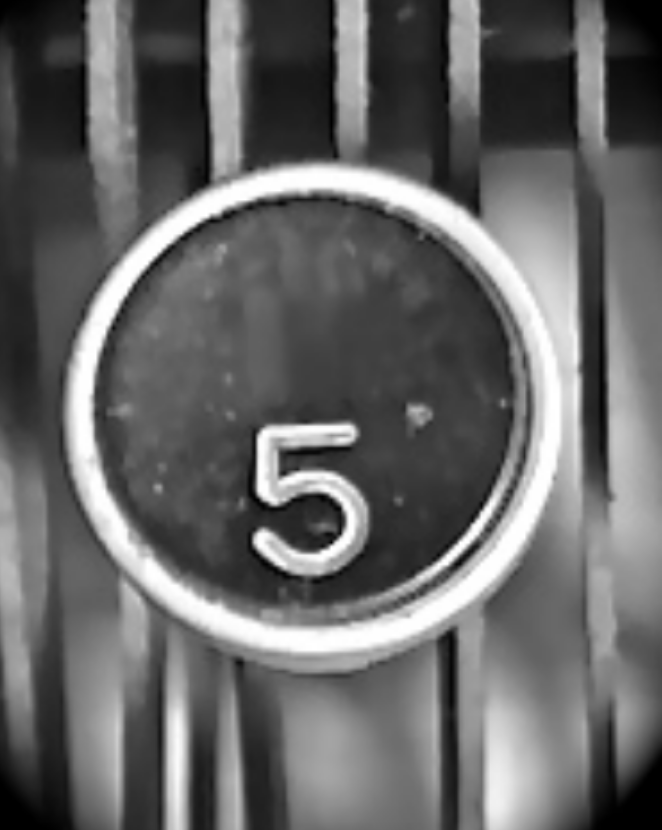5 HOT BOOKS: Abe Lincoln's View of Peace, What Reality TV Says About Us, and More
/1. Lincoln and the Fight for Peace by John Avlon (Simon & Schuster)
CNN anchor Avlon focuses on the last six weeks of Abraham Lincoln’s life to spotlight how he was guided by the Golden Rule. Avlon lucidly explains Lincoln’s terms for peace: no ceasefire until surrender, restoration of the Union, and the end of slavery. “It was the interconnection of Lincoln’s character and his vision for winning the peace that inspired people around the world,” Avlon writes in his moving book, “placing him in the first rank of humanity’s heroes.”
2. True Story: What Reality TV Says About Us by Danielle J. Lindemann (Farrar, Straus and Giroux)
The alignment of reality TV and Donald Trump, Lindemann argues in her fascinating new book, “relied on conservativism repackaged as outlandishness.” The Lehigh University sociology professor brings an analytic eye to the guilty pleasure of reality TV. Pointing out that the world of “Survivor” and “Real Housewives” has deep roots and flowered in MTV’s “Real World” franchise, she contends that reality TV is not a passive experience; rather, it changes those who watch it. Lindemann weaves scholarship with zany details about the genre’s “fun-house mirror” that follows the contours of social caricatures and reveals “cultural stereotypes in a way that other genres are too timid or polite to show us.”
3. America Second: How America’s Elites Are Making China Stronger by Isaac Stone Fish (Knopf)
In contrast with Vladimir Putin’s regime, which engenders chaos to weaken America, Stone Fish argues in his fierce, well-reasoned jeremiad that the Chinese government’s influence attracts less attention because it “speaks the soft language of corruption.” Stone Fish, a Washington Post columnist and former Newsweek Beijing correspondent, spares no prominent names and makes his case that China’s Communist Party has “seduced and corrupted” certain American companies and representatives. He details how the Walt Disney Co. worked to crush the Free Tibet campaign, Steven Seagal and Mike Tyson circulated party propaganda, and, most significantly, how since 1982, through his consulting firm, American statesman Henry Kissinger has been an “agent of Chinese influence,” which one of his assistants called libelous. Aside from Kissinger, Stone Fish’s alarming book cites many cases of Americans lobbying for speaking gigs or board seats, as well as pro-Chinese trade policies and censorship to eliminate anything less than a heroic representation of China.
4. Buster Keaton: A Filmmaker’s Life by James Curtis (Knopf)
Curtis, biographer of Hollywood icons Preston Sturges, W.C. Fields, and Spencer Tracy, takes on Keaton and, in a nod to critic Walter Kerr, writes that the filmmaker was “the most silent of silent comedians, immobile as in a sense of alert repose, but whose intuitions about the nature of man in the universe were as perceptive as they were simple.” Based on deep archival research, Curtis’ engrossing book captures Keaton through a life of reinvention, from a toddler performing with his family to a comic genius and acrobatic actor with his trademark woeful eyes, deadpan expression, and porkpie hat.
5. Joan Is Okay by Weike Wang (Random House)
Okay, okay. Everybody in America is okay. But what is okay for Joan? In Wang’s smart, wry novel, following her PEN/Hemingway Award-winning debut, Chemistry, a brilliant, workaholic ICU physician in a Manhattan hospital is so driven that when her father in Shanghai dies, she flies to the funeral and returns in a weekend. When the hospital HR department forces stoic Joan to take bereavement leave, she has to deal with her affluent brother, widowed mother, and anti-Asian sentiment with the arrival of the pandemic. Whiting Award winner Wang challenges stereotypes with Joan charting her own path forward in a social novel that is also character-driven with an unforgettable one at its core.










